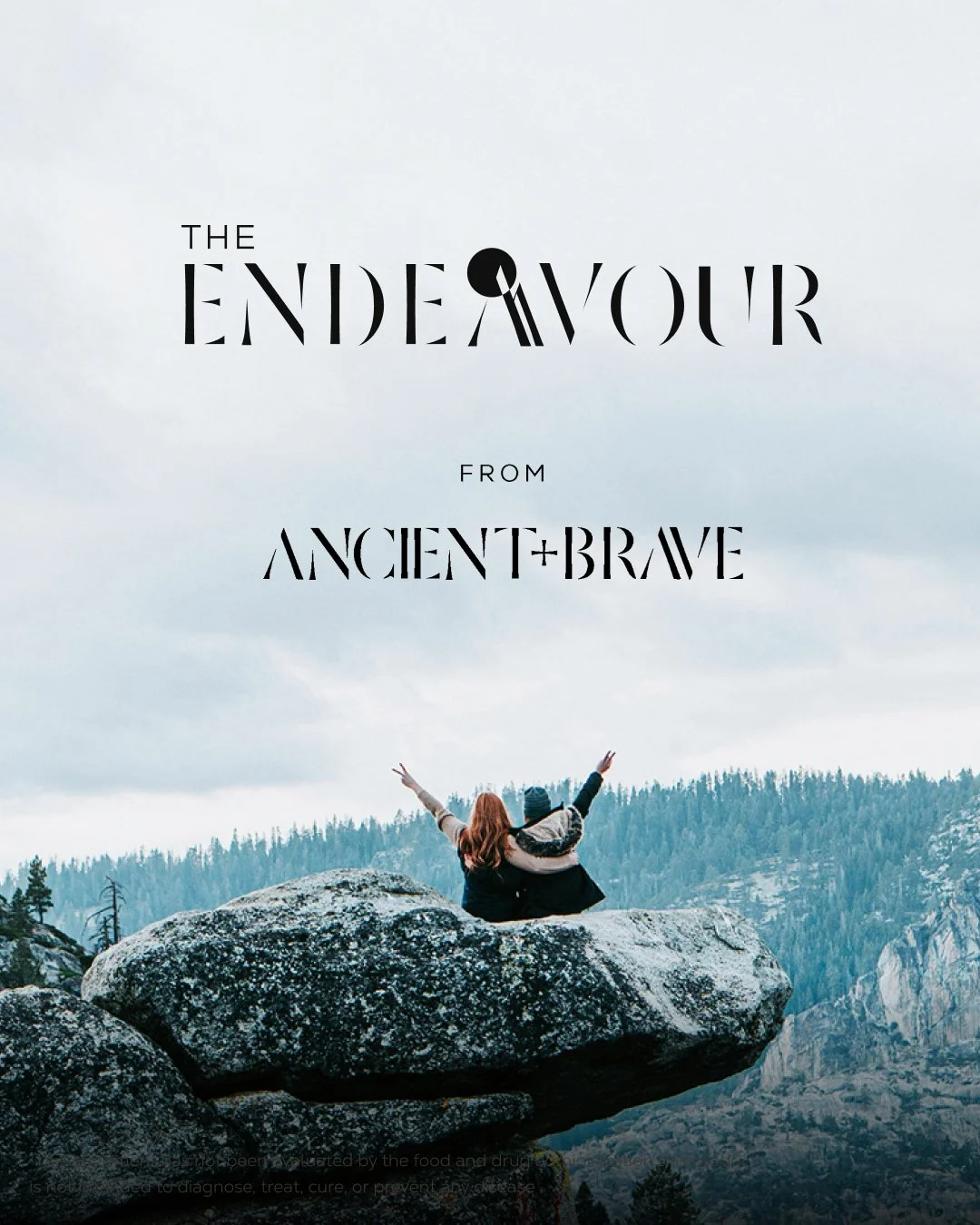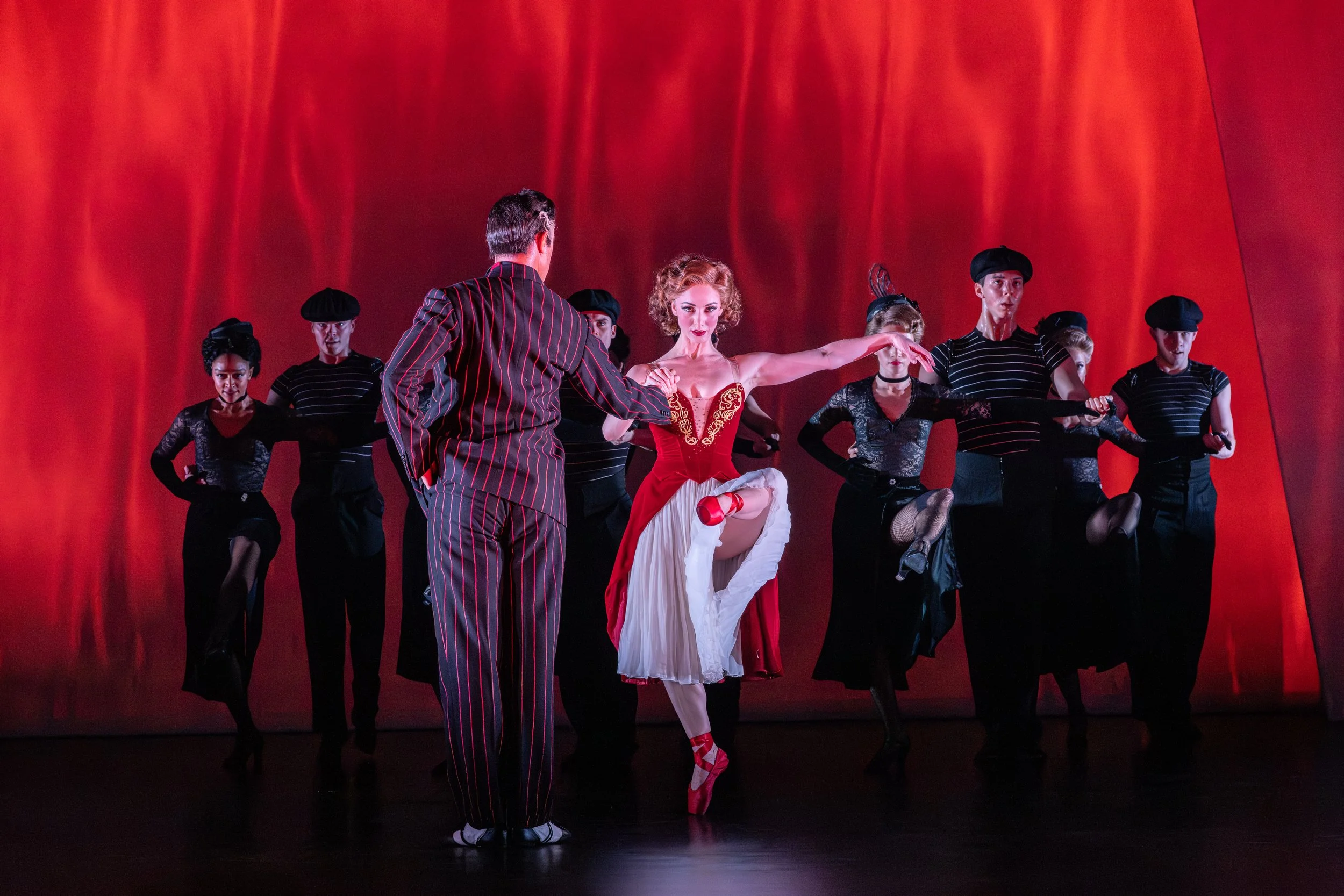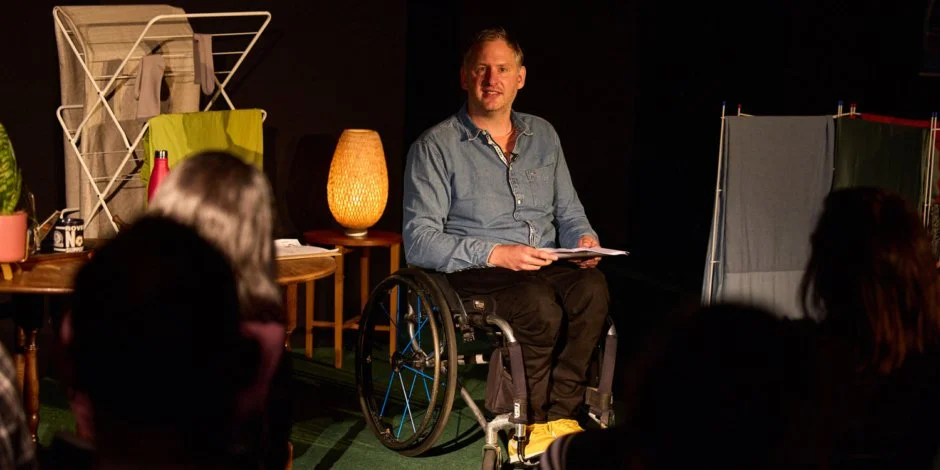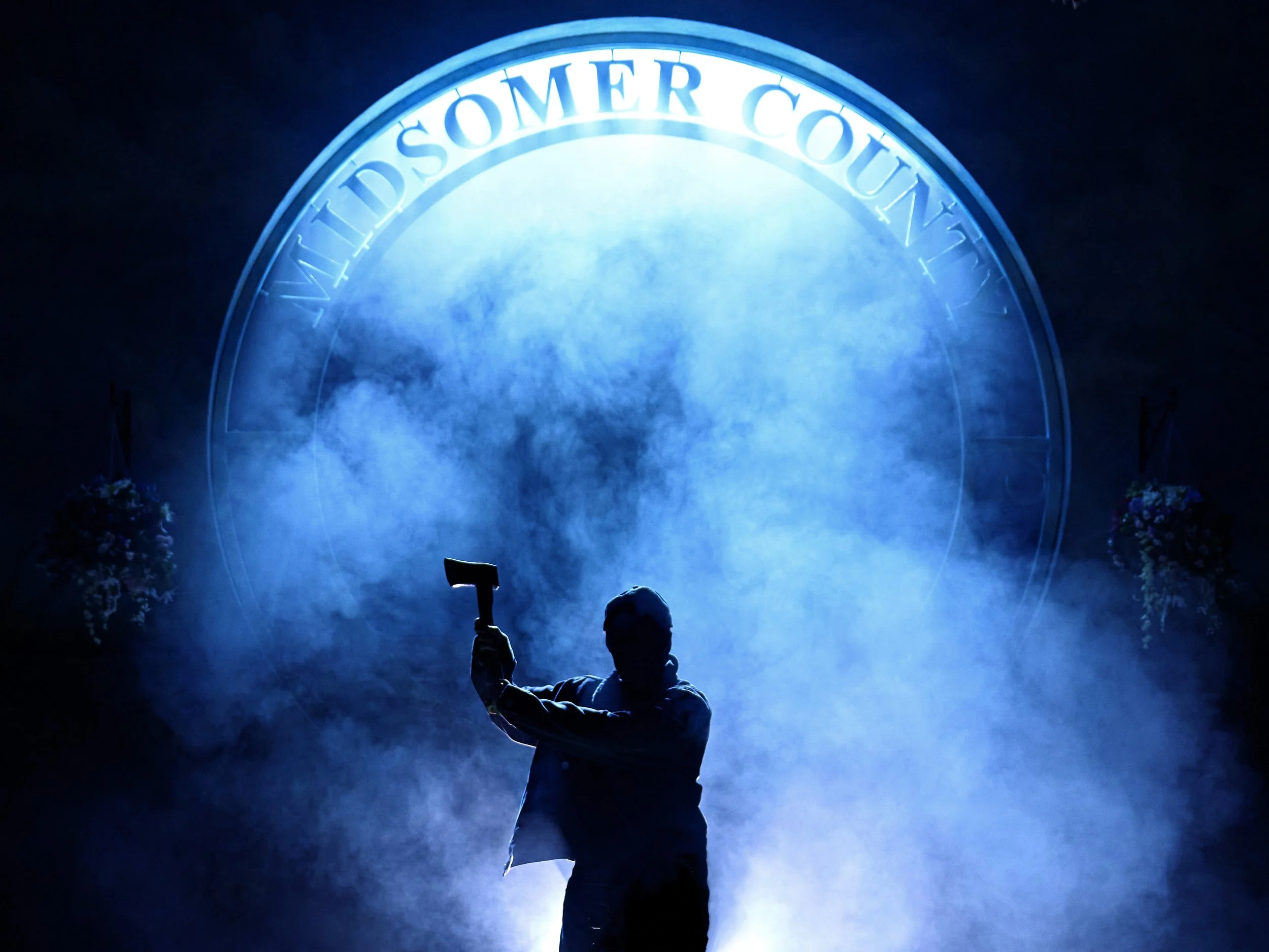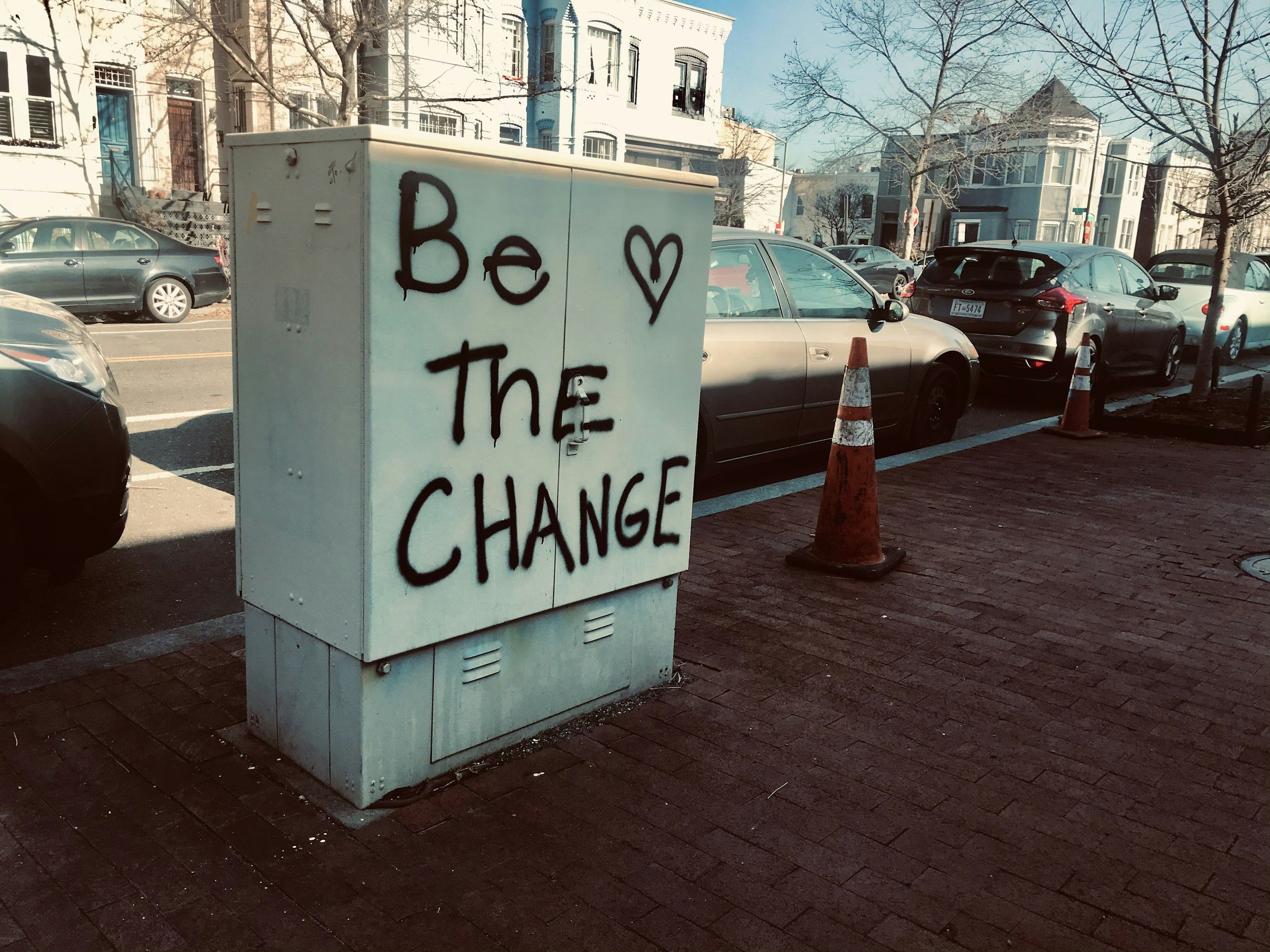Black Daffodil: Growing up Black
Growing up as black girl in a predominantly white space I am all too familiar with the question: “So where are you from?”
On the surface this is just someone being inquisitive of another person’s background to gain a better understanding. However, over the years I’ve seen people’s disappointment, disbelief and discomfort with my answer. “I’m from Cardiff in Wales''
They then proceed to ask “No but where are you really from?”
This is because more often than not people have what they think is the answer already in their head.
The idea that a black person can be welsh is perplexing to them.
Photo Credit: Benjamin Grant
For so long we’ve been taught this false narrative that Britishness is intrinsically linked to whiteness and that if you are of colour you are a ‘foreigner’ or some type of imposter.
In this day and age this idea is not only outdated but also thoughtless. This idea of this exclusively ‘Celtic and Anglo-Saxon’ Britain that George Orwell mistakenly described in his 1948 piece ‘The English people’ is in stark contrast to a new and vibrant cosmopolitanism of that time. (Owusu, 2000, p.13)*
For decades people of colour have made an enormous contribution to what we see Britain as today, from the music we listen to, to the food we eat, and not to mention our infrastructure.
The 1948 Nationality Act granted colonial subjects right of entry and settlement, this acted as a device to facilitate the free movement of labour from the Caribbean and the Indian subcontinent to meet Britain's labour shortage. (Owusu, 2000, p.23)*
These people physically helped build Britain, so to exclude them from this idea of British-ness that they helped create is disrespectful. So, when you look at me, recognise the blood, sweat and tears of my grandparent’s that shaped the place you deny me from calling home.




